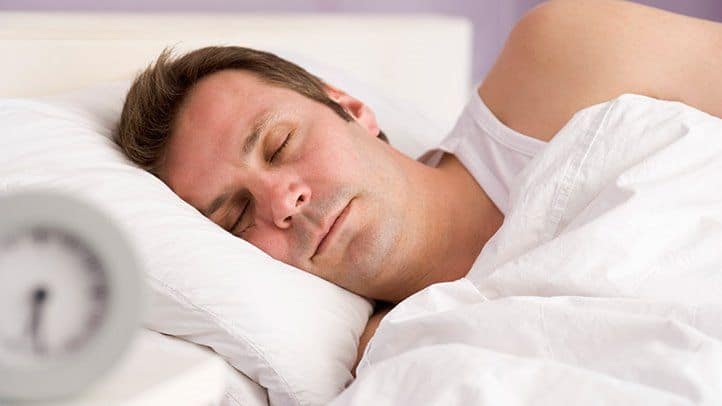Late bedtime rituals and poor sleep quality are linked to higher blood glucose levels and poorer blood sugar management after meals, according to recent research published in Diabetologia (the journal of the European Association for the Study of Diabetes [EASD]).
Professor Paul Franks of both Lund University Diabetes Centre, Malmö, Sweden, and Harvard Chan School of Public Health, Boston, MA, USA, collaborated on the study with Neli Tsereteli of Lund University Diabetes Centre, Malmö, Sweden, and colleagues.
The researchers wanted to see if variations in sleep length, efficiency, or timing from one night to the next affected the postprandial (after meal) glucose response to breakfast the next day.
Diet, exercise, and sleep are all important parts of a healthy lifestyle, but little research has been done on how sleep affects blood sugar management in people who are otherwise healthy. Sleep disorders frequently coexist with other health issues, allowing them to serve as a proxy for overall health.
Many life-threatening conditions, such as cardiovascular disease, obesity, and type 2 diabetes (T2D), have a direct causal effect on sleep quality, and disturbed sleep caused by conditions like obstructive sleep apnea is linked to both the prevalence of T2D and the risk of complications arising from the disease. This and other studies point to a substantial correlation between sleep quality and duration and the body’s capacity to manage glucose levels effectively.
“While there have been many large prospective cohort studies focused on the relationship between self-reported sleep, disease, and wellbeing,” the authors write, “objective data on sleep and postprandial glucose metabolism typically comes from small studies conducted in tightly controlled settings and in specific population subgroups such as those suffering from sleep disturbances due to pregnancy, sleep apnea, depression, obesity, or diabetes…” As a result, further proof on the effects of sleep on glucose metabolism in healthy individuals is required.”







